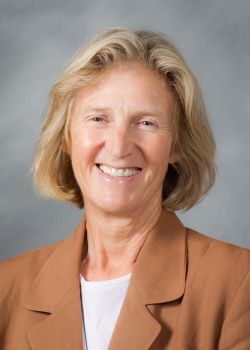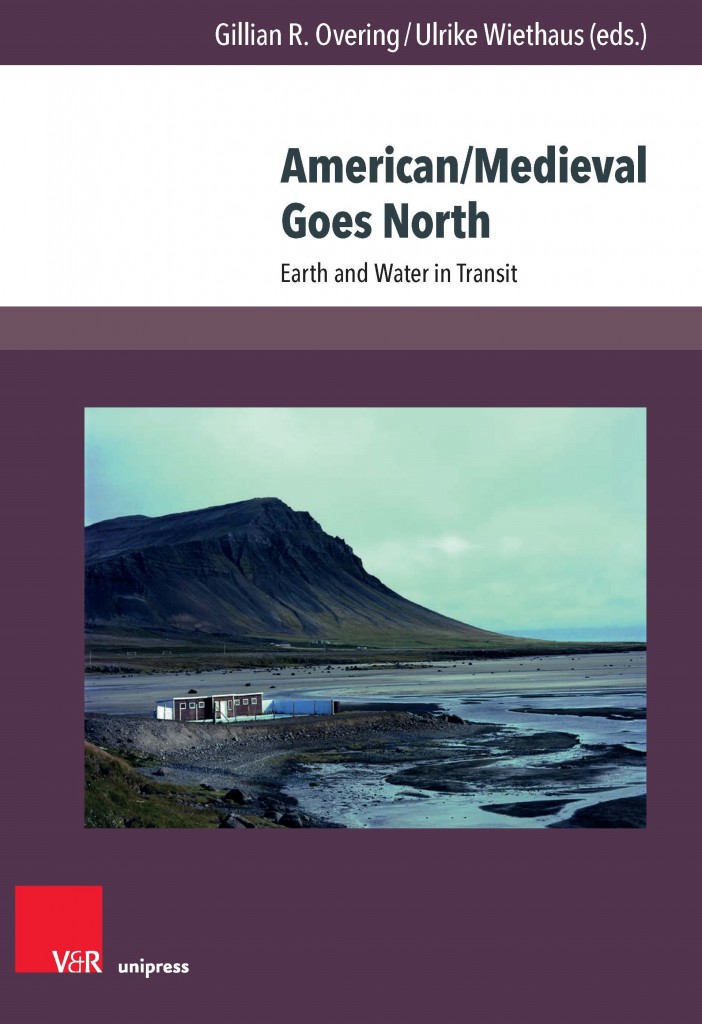Prof. Gillian Overing celebrates the launch of two books

Professor Gillian Overing has published two books this fall, American/Medieval Goes North: Earth and Water in Transit, co-edited with Ulrike Wiethaus, Wake Forest Department of Religion and American Ethnic Studies Program, and The Contemporary Medieval in Practice, co-written with Clare A. Lees, Professor of Medieval Literature and History of the Language at King’s College London.
The Humanities Institute and the Medieval and Early Modern Studies program will host a dual book launch on Wednesday, November 13th from 4:00-6:00 pm. Faculty and students are invited to join us for a reception in the Green Room in Reynolda Hall for refreshments and discussion.
American/Medieval Goes North: Earth and Water in Transit

The North signifies, as do all four cardinal directions, emotional, environmental, and cultural bodies of knowledge. These include political structures (“the wealthy North”), artistic productions (“Scandinavian” design), nomadic Hunter “Indigeneity” and Colonizer “Whiteness” as Northern signifiers—and, of course, the domain of many species of spirit masters, demons, and missionaries. Archaeologists agree that long before Columbus, it was Vikings and their slaves—northern seafarers from Scandinavia and enslaved men and women from Ireland—who made first contact with “America” in its northernmost regions. Twelve previously unpublished essays represent the disciplines of literature, history, art history, film studies, rhetoric, religious studies, cultural and queer studies.
The Contemporary Medieval in Practice

Speculative and nontraditional, The Contemporary Medieval in Practice adapts the conventional scholarly essay to reflect its interdisciplinary subject. Creative critical writing encourages the introduction of dialogue, poetry, and short essays within scholarly style, and this, the authors argue, makes it an ideal format for exploring innovative pathways from the contemporary to the medieval. Discussing urgent critical discourses and cultural practices, such as the study of the environment and the ethics of understanding bodies, identities, and histories, this short, accessible book focuses on early medieval British culture, or Anglo-Saxon studies, and its relation with, use of, and reworking in contemporary visual, poetic, and material culture after 1950.
Categories: Faculty News
